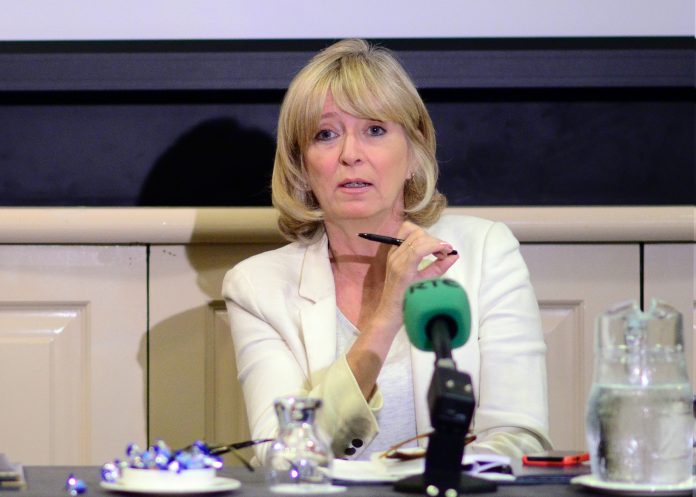Closing a two-year long initiative on the Brexit negotiations, European Ombudsman Emily O’Reilly welcomed the generally high level of transparency, and urged the Commission and Council to maintain these standards in any future relationship negotiations.
Positive steps by the Commission’s Brexit Taskforce include the publication of over 100 negotiating documents, making Michel Barnier’s calendar publicly available, and meeting only registered lobbyists. The Taskforce worked through a transparent framework set by the European Council.
Given the major implications of Brexit for citizens and for businesses, the Ombudsman had written to the Commission before Article 50 was invoked to suggest practical transparency measures.
The Ombudsman monitored how the public was able to follow the withdrawal talks, making further transparency suggestions, and holding several technical-level meetings with the Taskforce.
“Aside from good administrative practice, the high level of transparency has given the EU negotiators two clear advantages. It has increased their legitimacy in the eyes of the public and it has helped to keep the EU united, as Member States, the European Parliament and citizens were kept informed and included at each step in the process,” said Ms O’Reilly.
“These advantages should be kept in mind during any future EU-UK relationship negotiations when different factors will come into play, more stakeholders will want to be involved, and various sectoral interests will emerge to try to influence the talks.”
Transparency
The Ombudsman wrote to the Commission and Council of the EU in March 2017. Her suggestions for transparency included the proactive publication of negotiating documents; that the Commission should ensure wide-ranging stakeholder input, and that it should consider publishing joint technical notes detailing progress after each negotiating round.
The Taskforce dealt with 70 access to documents requests – of which three were escalated to the Ombudsman – and replied to about 10,000 messages from the public.
The Taskforce indicated it would come back to the Ombudsman’s proposals about stakeholder input being as wide-ranging and inclusive as possible once talks on the future relationship between the EU and the UK start.

